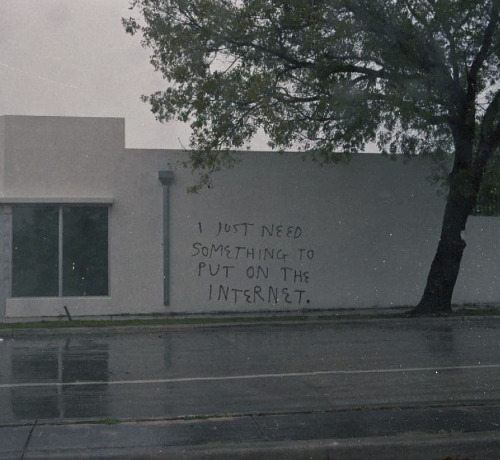In quarantine one of our biggest threats, outside of becoming infected, is deteriorating mental health. I’ve seen many articles lately offering lists of things to do to keep from slipping into depression; one such article, by astronaut Scott Kelly from the New York Times entitled, I Spent a Year in Space, and I Have Tips on Isolation to Share, points out a common recommendation:
“NASA has been studying the effects of isolation on humans for decades, and one surprising finding they have made is the value of keeping a journal. Throughout my yearlong mission, I took the time to write about my experiences almost every day. If you find yourself just chronicling the days’ events (which, under the circumstances, might get repetitive) instead try describing what you are experiencing through your five senses or write about memories. Even if you don’t wind up writing a book based on your journal like I did, writing about your days will help put your experiences in perspective and let you look back later on what this unique time in history has meant.”
Many studies have itemized further positive effects of Journaling, including, but not limited to:
- Reduced Stress
- Improved Immune Function
- Sharper Memory
- Boosted Mood
- A greater sense of confidence and self-identity
What is it about journaling that makes it so effective? I think it has something to do with the way we find and make meaning. Day to day life gives us plenty of meaning without any conscious effort. But when something disrupts the pattern of day to day life we are forced to see things in a new perspective which threatens the whole meaning-making apparatus of our brains.
We are pattern-seeking mammals. Natural selection has made human beings predisposed to pattern seeking because the observation of patterns—for example, the connection between crop growth and rainfall—is evolutionarily advantageous. And if we can’t come up with a good explanation we’ll come up with a bad one—for example, the connection between crop growth and prayer or animal sacrifice. Modern humans’s lives are mostly made up of bad ones—bad in the sense that they are invented, and as a result, much more easily upended. So when something upends the pattern, like the death of a loved one, the loss of a job or, say, a global pandemic, the pattern is quickly ripped apart and the result reveals the pattern for what it is—a wholly invented paradigm. There wasn’t anything really meaningful there afterall. We were just playing make believe. A disruption in the pattern can call into question not just our confidence in a single belief, but our confidence in the entire act of believing.
Coming to terms with the idea that our lives have meaning only to the extent that we give them meaning allows us the ability to manufacture it when necessary. If daily life doesn’t provide the requisite amount of patterns for our brains to latch onto unconsciously, then we can consciously force the brain to notice the patterns we choose; i.e. journaling.
It’s remarkable the extent to which we believe in what we think. Journaling is deliberate thinking and therefore, deliberate belief making. In a journal we create the world as we see it. We’re allowed to fabricate whatever version of that world we want to believe. As the author of your life’s story write down your struggles, passions and goals and be rewarded with meaning for all those things. You have the power to create whatever life you want. As the designer of your world, a journal lets you get as detailed in world-building as you want. In this sense the goal of journaling isn’t necessarily to make our beliefs more accurate; it’s to make them more functional. So either let the depressing world provide your meaning for you, or put your inbred meaning-making skills to good use by journaling a better world for yourself.











